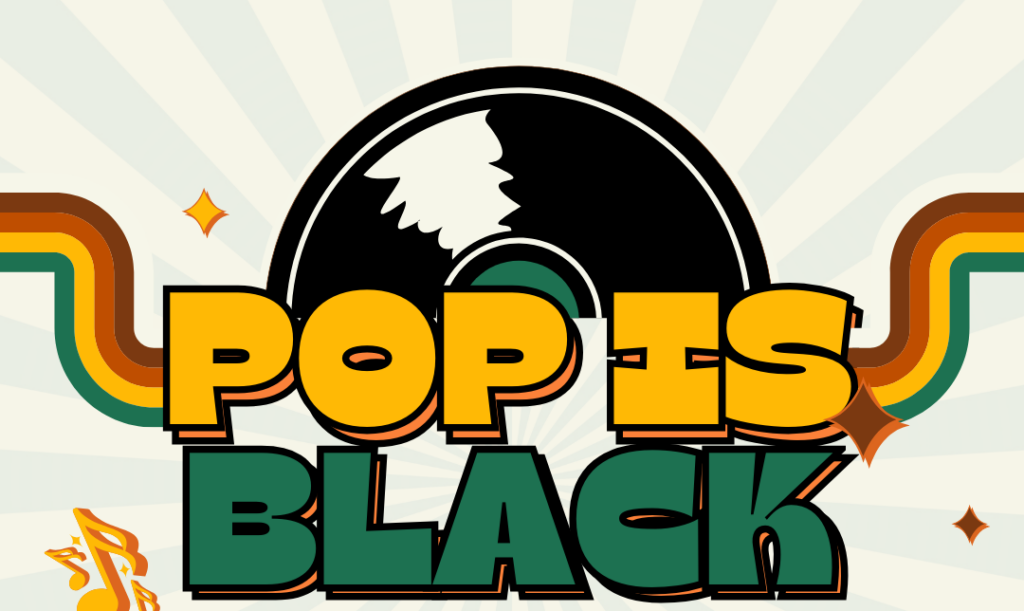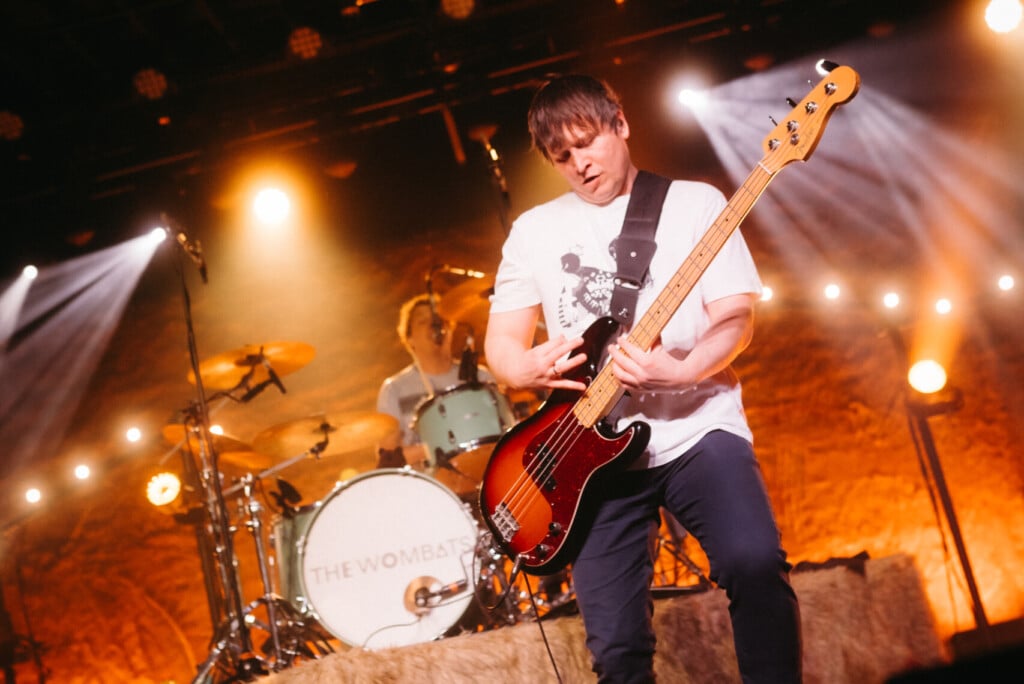Two new oral histories, covering divergent rock eras, differ wildly in quality
Currently on bookstore shelves are two very different musical oral histories. Alternative for the Masses: The Oral History of the ’90s Alt-Rock Revolution by Greg Prato was published by Motorbooks on October 28, and seeks to be “the definitive story of the ’90s alt-rock movement straight from the musicians and figures who lived it.”
Via interviews with Butch Vig, Mike Watt, Frank Black, Ian MacKaye, Les Claypool, Bob Mould, Page Hamilton, Tanya Donnelly, Moby, Gavin Rossdale, Johnette Napolitano, Matt Pinfield, Lou Barlow, Kennedy, and more, Prato explores “The Shadow of the ’70s,” the influence of MTV’s 120 Minutes and Alternative Nation, looks at producers and the difference between major and indie labels, and of course, Nirvana and Kurt Cobain.
 When reading a book, I try not to project upon it what I thought it was going to be, but rather evaluate it based on what I’m actually reading. However, given the ways in which both Michael Azerrad’s seminal 2001 book Our Band Could Be Your Life: Scenes from the American Indie Underground, 1981–1991 and Dan Ozzi’s 2021 history Sellout: The Major-Label Feeding Frenzy That Swept Punk, Emo, and Hardcore (1994–2007) ably presented the stories of these bands and artists to place them within a greater context both historical and musical, it’s hard to see Prato’s book as more than a disappointing “what might have been.”
When reading a book, I try not to project upon it what I thought it was going to be, but rather evaluate it based on what I’m actually reading. However, given the ways in which both Michael Azerrad’s seminal 2001 book Our Band Could Be Your Life: Scenes from the American Indie Underground, 1981–1991 and Dan Ozzi’s 2021 history Sellout: The Major-Label Feeding Frenzy That Swept Punk, Emo, and Hardcore (1994–2007) ably presented the stories of these bands and artists to place them within a greater context both historical and musical, it’s hard to see Prato’s book as more than a disappointing “what might have been.”
The success of any oral history is dependent on maintaining a linear narrative from which departures provide deeper analysis. To wit: Craig Marks and Rob Tannenbaum’s 2011 I Want My MTV: The Uncensored Story of the Music Video Revolution traces the story of MTV from its conception as an idea had by the Monkees’ Michael Nesmith through its acquiescence to reality programming. It’s chronological, for the most part, but will occasionally digress to devote an entire chapter to something like Billy Squier’s “Rock Me Tonight” video to emphasize a greater point, which, in that case, was to demonstrate just how one video could make or break an artist.
In the case of Alternative for the Masses, it feels as though the entire book is nothing but digressions, and then, there are digressions within digressions. In the “Guitar” chapter, there’s a story told by the Meat Puppets’ Chris Kirkwood about the Red Hot Chili Peppers’ John Frusciante auditioning for the band. That somewhat makes sense, but it feels as though it’s there more because Prato had a story he felt was neat and wanted to include it, rather than using it to make a larger point.
Even when a digressive tale could tie in well to a larger point, it’s placed elsewhere in the book. “The Producers” chapter, for whatever reason, doesn’t include the Butthole Surfers’ Paul Leary telling a two-page tale of producing Sublime, but it pops up 150 pages later in a chapter entitled “Decline?”
Add in the fact that a lot of the stories feel more as though Prato put in a lot of time and effort conducting all of these interviews and wanted something to show for it, regardless of whether or not the information on offer was pertinent or not to a greater point, and coupled with the fact that the book never really focuses in on a grander narrative, and Alternative for the Masses is a frustrating read. There are a lot of intriguing stories here, but it desperately lacks a through line or enough big names to make a proper case for itself. This might be a rare documentary piece where the presence of Dave Grohl might actually be necessary. Closing the book after finishing it, one can’t help but wonder what this might’ve been in more capable hands.
 Thankfully, the other recently-released oral history, Wings: The Story of a Band on the Run, published by Liveright on November 4, is an absolute delight to read. Beginning just as the Beatles are ending at the conclusion of the ’60s, and continuing on through the dissolution of Wings and its aftermath in 1981, the book is a nearly 600-page tome that never feels as though it’s trying to pad its word count.
Thankfully, the other recently-released oral history, Wings: The Story of a Band on the Run, published by Liveright on November 4, is an absolute delight to read. Beginning just as the Beatles are ending at the conclusion of the ’60s, and continuing on through the dissolution of Wings and its aftermath in 1981, the book is a nearly 600-page tome that never feels as though it’s trying to pad its word count.
Edited by Ted Widmer, the story of Wings draws from dozens of hours with Paul McCartney himself, as well as contemporaneous archival interviews from everyone in his orbit. The inclusion of voices like his Beatles bandmates and wife Linda McCartney, along with nearly everyone involved with Wings at any point would make this a must-read. On top of those big names, though, Widmer even tracked down those who saw Wings perform live at nearly every step in their evolution, such as their first tour playing universities from a van, as well as during their Wings Over the World tour.
It’s an invaluable collection of voices from those who were there, presenting the history of McCartney’s massively successful second act as a musician in such a way that shows that, despite what one might think, this was never a sure thing. The story of Wings, in the words of those who lived it, is one of family and friendship and musical collaboration, with the sheer warmth of the tales fairly leaping off the page.
Reading The Story of a Band on the Run, one feels the absolute love and devotion Paul and Linda McCartney had for one another, their children, and those who surrounded them. It’s also the story of how music is so utterly part of who Paul McCartney is that, even when not making music, it’s still an integral aspect of his personality.
Of course, given that the authorship of the book is credited to Paul McCartney himself, one does wonder what might have been left out. That said, editor Widmer’s inclusion of former Wings bandmates’ negative experiences coloring the reasons as to why they left the band demonstrates that this isn’t all rose-colored memories. There were struggles at many points in McCartney’s musical endeavors, and the musician cops to that, frequently with regret, and it’s heartening to see both the statements of those affected and McCartney’s growth as a person regarding them.
The end result of reading Wings: The Story of a Band on the Run saw me eagerly devouring all of the music covered in the book with a ferocity I’d previously never had, and gaining newfound appreciation for what I’d often dismissed in my youth as “silly love songs,” but as McCartney so ably argues in that song, “what’s wrong with that?”
Greg Prato’s Alternative for the Masses: The Oral History of the ’90s Alt-Rock Revolution is out now from Motorbooks and Paul McCartney’s Wings: The Story of a Band on the Run is out now from Liveright.






